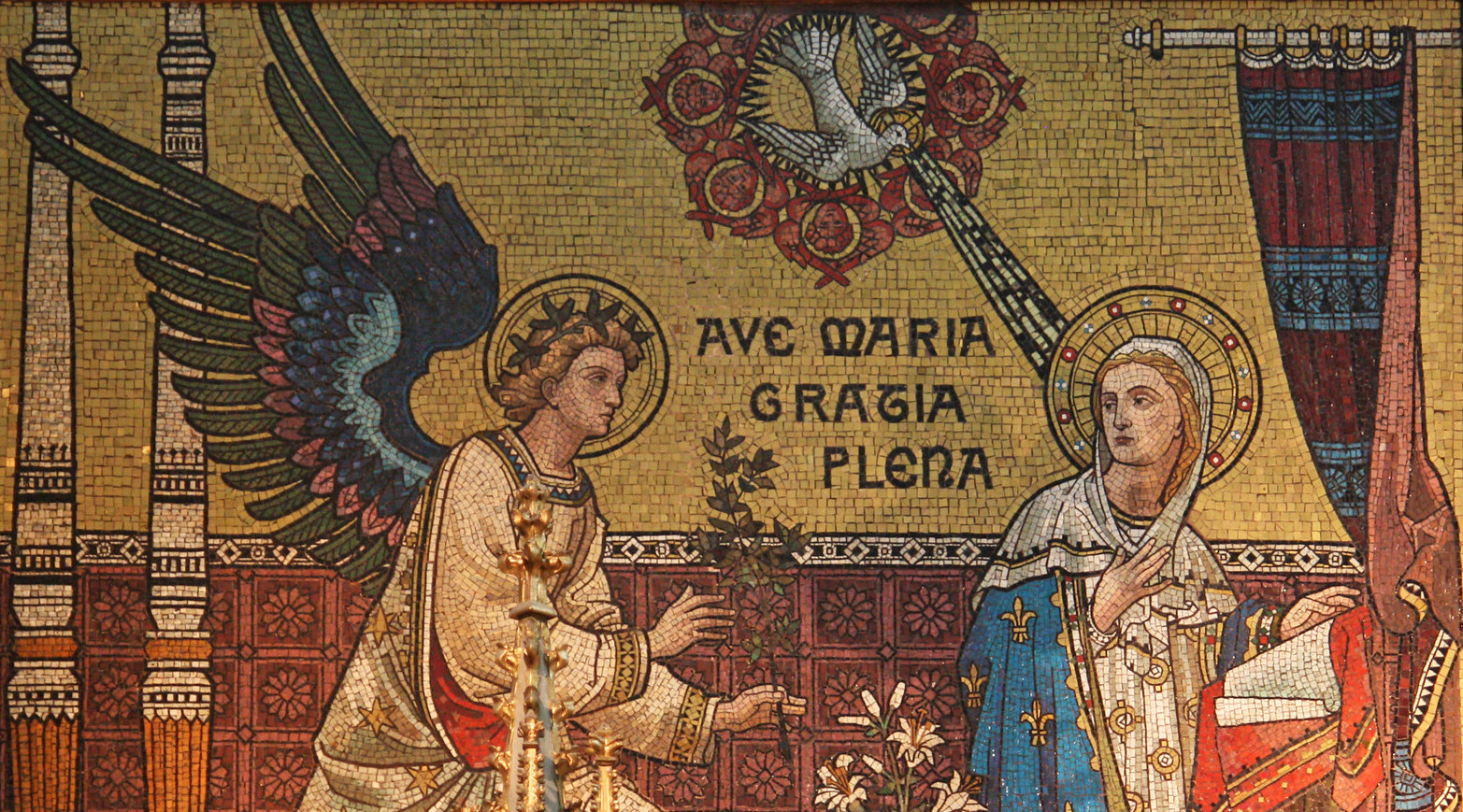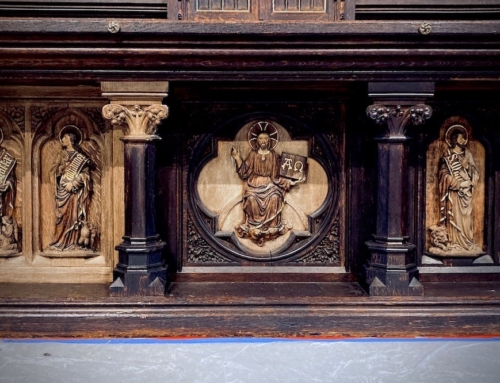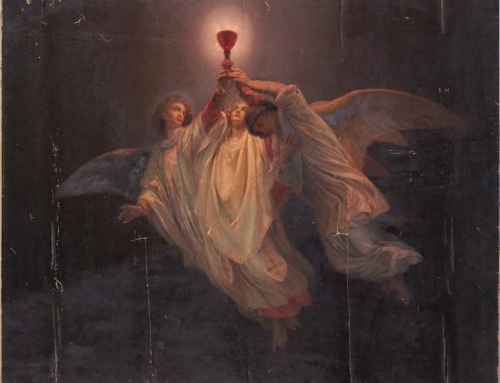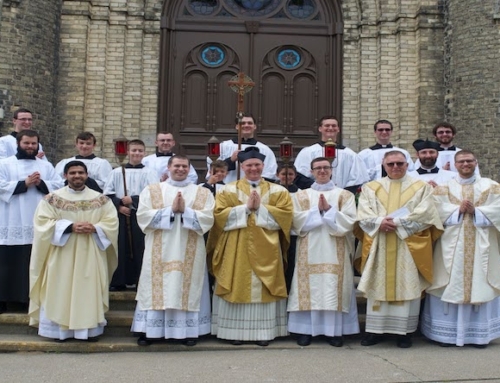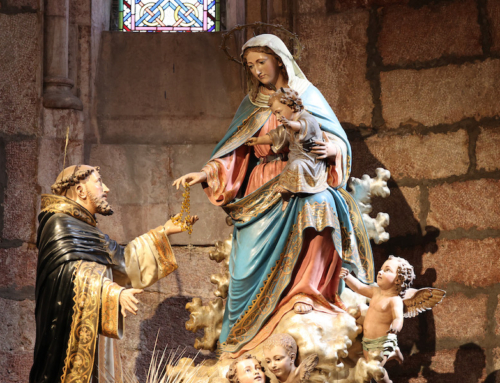All things are full of weariness; a man cannot utter it; the eye is not satisfied with seeing, nor the ear filled with hearing. What has been is what will be, and what has been done is what will be done; and there is nothing new under the sun. Is there a thing of which it is said, “See, this is new”? It has been already, in the ages before us (Eccl 1:8–10).
In this utterance, the sage Qoheleth expresses his aged dismay. In his mind, he sees Time plod along in circles like a horse around a track. We sit in its chariot, dragged along. The path is well worn, the wheels do not stray from their rut. We see birth and death, planting and reaping, mourning and dancing, seeking and losing, war and peace. Our eyes are not satisfied with seeing this, nor are our ears filled with hearing it. Worst of all—there is no escape. There is nothing new under the sun. In our weariness, we have nothing more to expect.
Qoheleth’s words are the weary cries of man in our fallen nature. Left to ourselves, we cannot escape sin and its effects. The wheel cannot remove itself from its rut, and Qoheleth sees clearly that we cannot save ourselves. Left to ourselves, there is nothing new under the sun.
One day in Nazareth, however, we were not left to ourselves. We received something new. The Angel Gabriel spoke to the Virgin Mary. With Gabriel’s message, the Holy Spirit came upon Mary, and she conceived a son—the Son—Jesus. At the Annunciation, a new reality came to be: a speck of the world was substantially God. And he grew. Mary nourished God in her womb. She would soon give birth to him, and in his flesh God would preach, suffer crucifixion and death, rise from the dead, and ascend into heaven. Jesus brought with him a new law, ratified by the new wine of his blood. He came to renew mankind. And so he did.
At the Annunciation, God, remaining what he was, became what he was not. “Christ Jesus, though he was in the form of God, did not count equality with God a thing to be grasped, but emptied himself, taking the form of a servant” (Phil 2:5–7). He became man. In his divine nature, Jesus is absolutely full, lacking nothing and having no emptiness. But human nature is not full in itself. Its eyes are not satisfied with seeing, nor are its ears filled with hearing. Yet in the person of Christ, the eternal Son, Christ’s human nature was made full by Christ’s divinity.
This fulfillment opened up a new world of possibilities for all mankind. Christ overcame the rut of human brokenness and gave us a new course, leading to beatitude. In the Mass, we pray through, with, and in Christ. Christ’s divinity fills his humanity, and he, in turn, extends his divinized humanity to us through the sacraments: “From his fullness have we all received, grace upon grace” (John 1:16). As a grape becomes plump by the nectar of the vine, so we who are grafted onto Christ receive our fulfillment in him.
Mary, the woman full of grace, exemplifies the fulfillment made possible by God’s Incarnation. In her maternity and discipleship, Mary’s eyes were satisfied in beholding Christ, and her ears were filled with the Word, which she pondered in her heart. Two millennia later, that Word never grows old. When we are weary, when we are in the rut of dissatisfaction and emptiness, only the Incarnate Word can lift us up. In him is life, and through him we receive it, that we may reign in glory with him, forever.
✠
Photo by Fr. Lawrence Lew, O.P. (used with permission)

